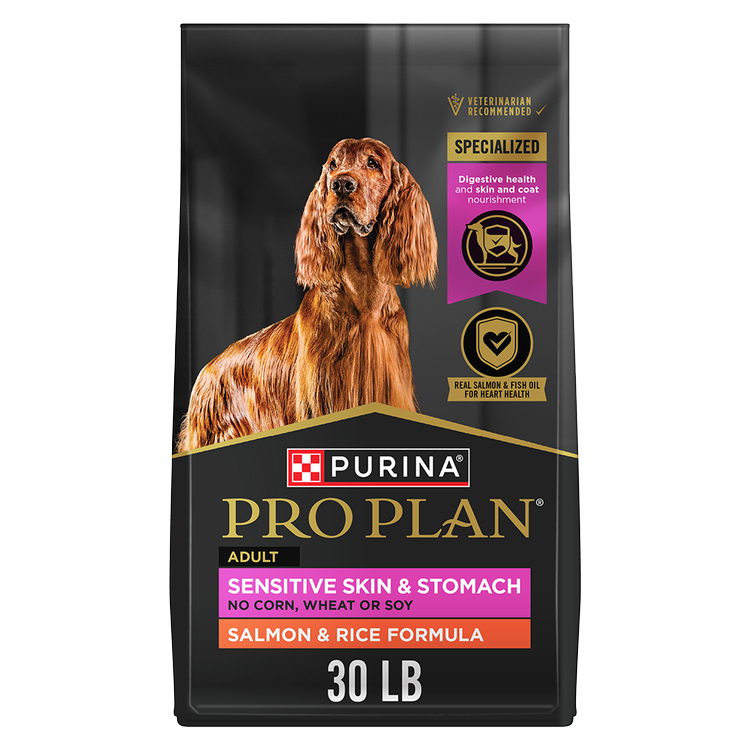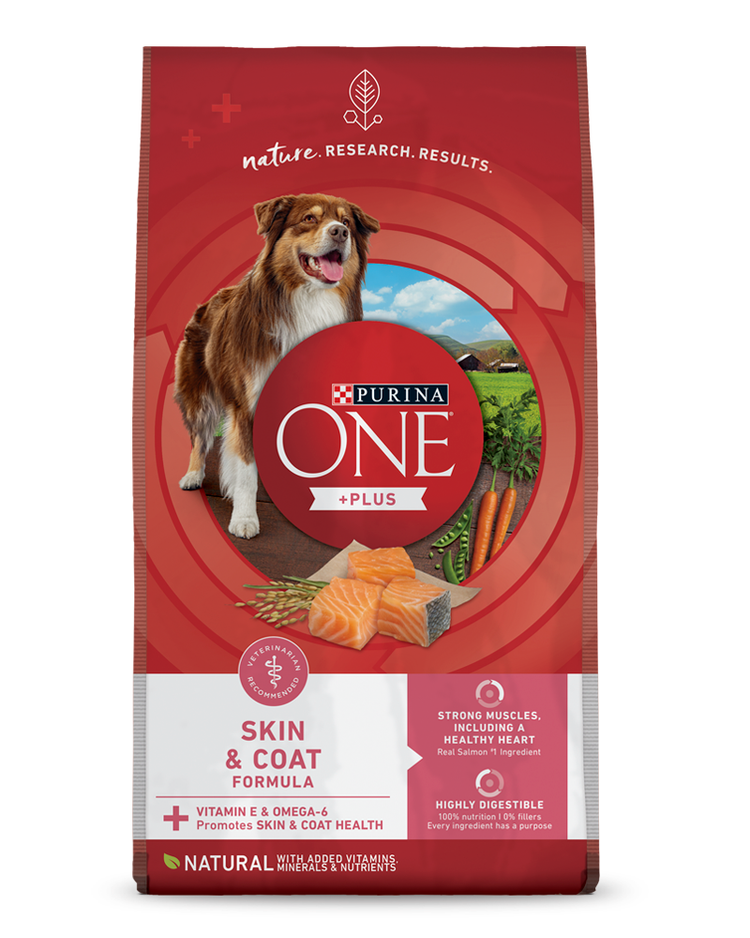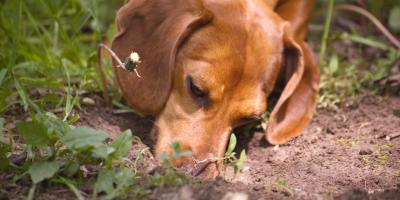Dog Itchy Skin: Why is Your Dog So Itchy?


All dogs scratch themselves occasionally to relieve an itch. If scratching becomes excessive, though, your dog’s itchy skin may be a problem.
Fortunately, treatment for itching is available and can reduce the need to scratch. This will come as good news to pet owners who feel helpless as their canine companion relentlessly tries to soothe themselves to no avail.
Diagnosing the cause of dog itching and scratching, however, can be challenging. Your veterinarian can help you narrow down the possible causes, but here are some potential explanations for itchy skin as well as tips for treating and preventing it.
Why is My Dog So Itchy?
An itching dog may be experiencing one or more of the following skin conditions:
Seasonal Dry Skin
Just like people, dogs can get dry skin. In some regions, colder months in particular are known for a lack of moisture, especially if you heat your home. Without enough moisture in the air, your dog’s skin can become dry and irritated.
Fleas
Many dogs are allergic to fleas. In fact, they’re the most common cause of allergies among canines. The saliva from a flea bite can trigger intense itchiness in dogs, as well as licking and chewing of the skin.
Looking for fleas on your dog? The parasites are tiny (about 1-2 millimeters long), oval-shaped, and are usually dark brown.
Ticks
If you live in a wooded area or your dog spends a lot of time outdoors, you’re probably familiar with the threat of ticks. These parasites burrow in their host and feed off their blood. They’re considered dangerous because they can carry several contagious diseases.
Allergies
Allergies in dogs are a nuisance. In addition to fleas, the environment and food can trigger symptoms if your pet’s immune system overreacts to the presence of an allergen.
Allergies can be tough to diagnose. Whether they’re caused by dust mites, fleas or food, itchiness is a common reaction.
Other Skin Conditions
If your dog’s skin is itchy and they don’t have fleas, ticks or allergies, there are other skin conditions and diseases that may be causing them to scratch.
Mange is a parasitic disease often associated with itchiness. Ringworm, a fungal infection, also irritates and inflames the skin.
These conditions usually present with other symptoms as well (such as dandruff), so if your pet’s skin is suddenly distressed in various ways, contact your veterinarian as soon as possible.
Possible Causes for Your Dog's Itchy Ears
If your dog is scratching their ears a lot more than usual, it’s important to take note. Itchy ears could be caused by one or more of the following reasons:
- Allergies. Skin allergies can cause irritation in the ears. If your dog scratches excessively, a secondary infection may develop, exacerbating the problem.
- Ear mites. These parasites take up residence in your dog’s ears and resemble coffee grounds.
- Ear infections. In addition to itchiness, an infection can be painful. Take your dog to the veterinarian as soon as possible.
Providing Relief for an Itchy Dog
If you want to help your itchy dog feel better, here are some common remedies:
- A humidifier. If your pet’s itchiness is triggered by dryness, add more moisture to the air with a humidifier.
- Hypoallergenic shampoo. Specialized shampoo can soothe dry, irritated skin. Oatmeal-based shampoos may also have useful anti-inflammatory properties.
- Antihistamines. Ask your veterinarian if over-the-counter antihistamines are appropriate for reducing itchiness. Don’t forget, dosages for pets may be different than those for adults.
- Steroids. In more serious cases, your veterinarian might recommend steroids to treat itchy skin.
Home Remedies for Your Dog’s Itchy Skin
There are some things you can do at home to reduce your dog’s itchiness, such as trying a humidifier or using shampoo for dry skin.
As a general rule, though, talk to your veterinarian before providing treatment to your pet. They can make helpful recommendations or advise against certain treatments based on your dog’s symptoms and overall health.
How to Prevent Itchy Skin in Dogs
There’s no guaranteed solution that will prevent your dog from developing itchy skin. However, here are some things that can reduce the chances of it happening.
- A modified diet. A diet rich in omega fatty acids can help fortify their skin.
- Regular grooming. Grooming your dog is an effective way to combat itchiness. Brushing stimulates blood flow, which may reduce inflammation. Bathing also helps retain moisture in the skin.
- Flea and tick medication. Given the threat of these parasites, veterinarians often recommend preventative medication to protect your pet.
What to Feed Dogs With Itchy Skin
If your dog has itchy skin, you may be wondering what to feed them. Nutrition plays a vital role in your pet’s health, and their skin’s condition is affected by what they eat.
At minimum, give them complete and balanced dog food that meets requirements set by the Association of American Feed Control Officials (AAFCO). This way, you’ll ensure they get essential nutrients for skin health.
If you want to try something tailored to sensitive skin, consider sensitive skin dog food. If you’re happy with your current food, skin and coat supplements may reduce skin irritation and itchiness.
For pets who’ve been diagnosed with a food allergy by their veterinarian, food formulas with mild proteins may lead to less scratching. Fish, duck and lamb are sometimes recommended as alternatives to more common ingredients like chicken or beef.
Remember, before switching foods or changing your dog’s diet, talk to your veterinarian.
A dog’s itchy skin can diminish their quality of life – but it often doesn’t have to. Whether it’s seasonal allergies or fleas, work with your veterinarian to diagnose the cause and create a treatment plan.
For more tips from our experts, check out our other dog health articles.
Related articles

Reward Yourself with myPurina
Earn and redeem rewards for Purina products with the myPurina app.






